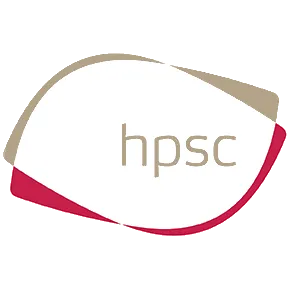Carbon Monoxide
What is Carbon Monoxide (CO)?
Carbon Monoxide (CO) is a colourless, odourless poisonous gas.
Is it a health risk?
When a person breathes in CO it combines with the oxygen-carrying part of the blood, preventing it from absorbing oxygen, which is essential for life. If a person is exposed to significant levels of CO it can cause illness and even death. Unfortunately, CO causes preventable deaths and illnesses every year in Ireland and internationally.
How can I protect myself and my family from CO poisoning?
CO can be produced where there is an incomplete combustion process of various fuels and sometimes occurs when a heating appliance is faulty. People can protect themselves from CO poisoning by:
- Using only safe serviced heating appliances
- Ensuring ventilations systems are working
- Installing a Carbon Monoxide alarm
What precautions should I take during flooding:
- Be mindful of the risk of carbon monoxide when dealing with flooding situations.
- Petrol or diesel generators and other fuel-driven equipment should never be used in unventilated spaces:
- The exhaust gases contain carbon monoxide which, without good ventilation, can quickly build up to poisonous levels.
- The same risk is carried by portable grills, camp stoves, paraffin- fuelled heaters or other devices using gasoline, propane or natural gas. These should only be used in well-ventilated spaces.
- If you experience dizziness, headaches or disorientation, the appliance should be switched off, you should move to a well-ventilated area and seek medical advice
- For further public health advice for dealing with flooding situations, please click here.
For more information, please see the dedicated Carbon Monoxide website.
Information, Data and Reports for
-
Environment and Health
- Air Quality
- Bathing Water and Health
- Carbon Monoxide
- Climate Change
- Energy and Health
-
Public Health Medicine Environment and Health Guidance and other Resources
-
Heatwaves - Health Impacts
- Covid-19 & Heatstroke
- Heatwave Advice - Children
- Air pollution from wildfires
- Dehydration
- Heatwave Health Advice
- Heatwave Advice - Older Adults
- Heatwave Advice - Older Persons Services
- Heatwave Advice - Outdoor Workers
- Indoor Temperature Control
- Sun and outdoor safety
- Preventing sunburn in children
- Causes and prevention -Skin cancer (melanoma)
- Investigation of possible waterborne disease
- Water Safety
-
Heatwaves - Health Impacts
-
Extreme weather events
- Flooding
- Air Quality
- Carbon Monoxide
-
Key messages for staying safe during cold weather
- Cold Weather Advice for the General Public
- Air Quality and Safe Room Ventilation During Cold Weather
- Cold Weather Advice for Older People and their Families and Neighbours
- Cold Weather Advice for Parents and Caregivers: Tips to Keep your Children Warm this Winter
- Cold Weather Advice for People with Specific Medical Conditions
- Cold Weather Advice for Health and Care Professionals
- Useful Links and Resources
- Frostbite and Hypothermia
- Heat related hazards
- Public Health advice for severe storms
- PHMEHG Submissions
- Noise: Environmental Noise Guidelines
- Radon and health
- Radiation
- PHMEHG position papers



